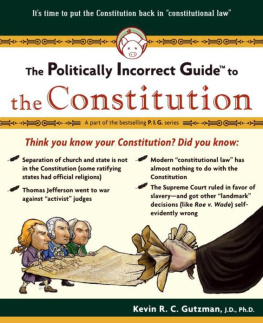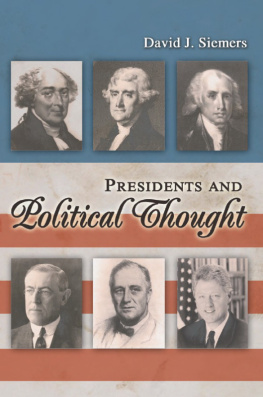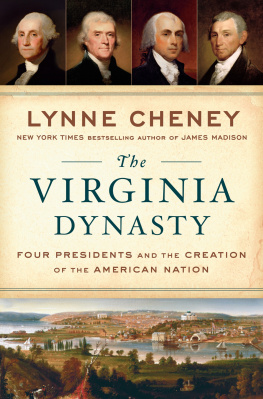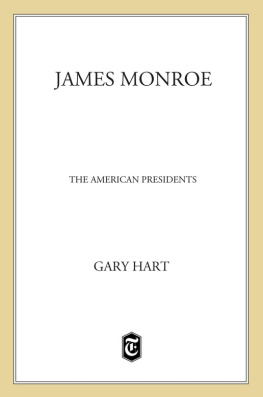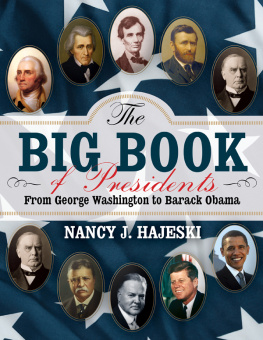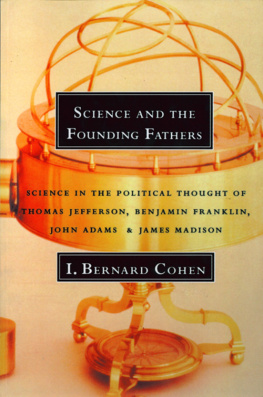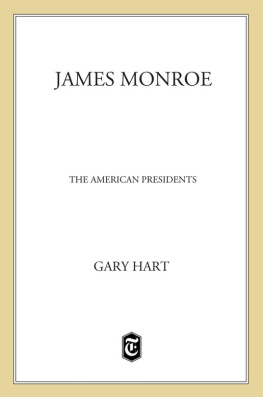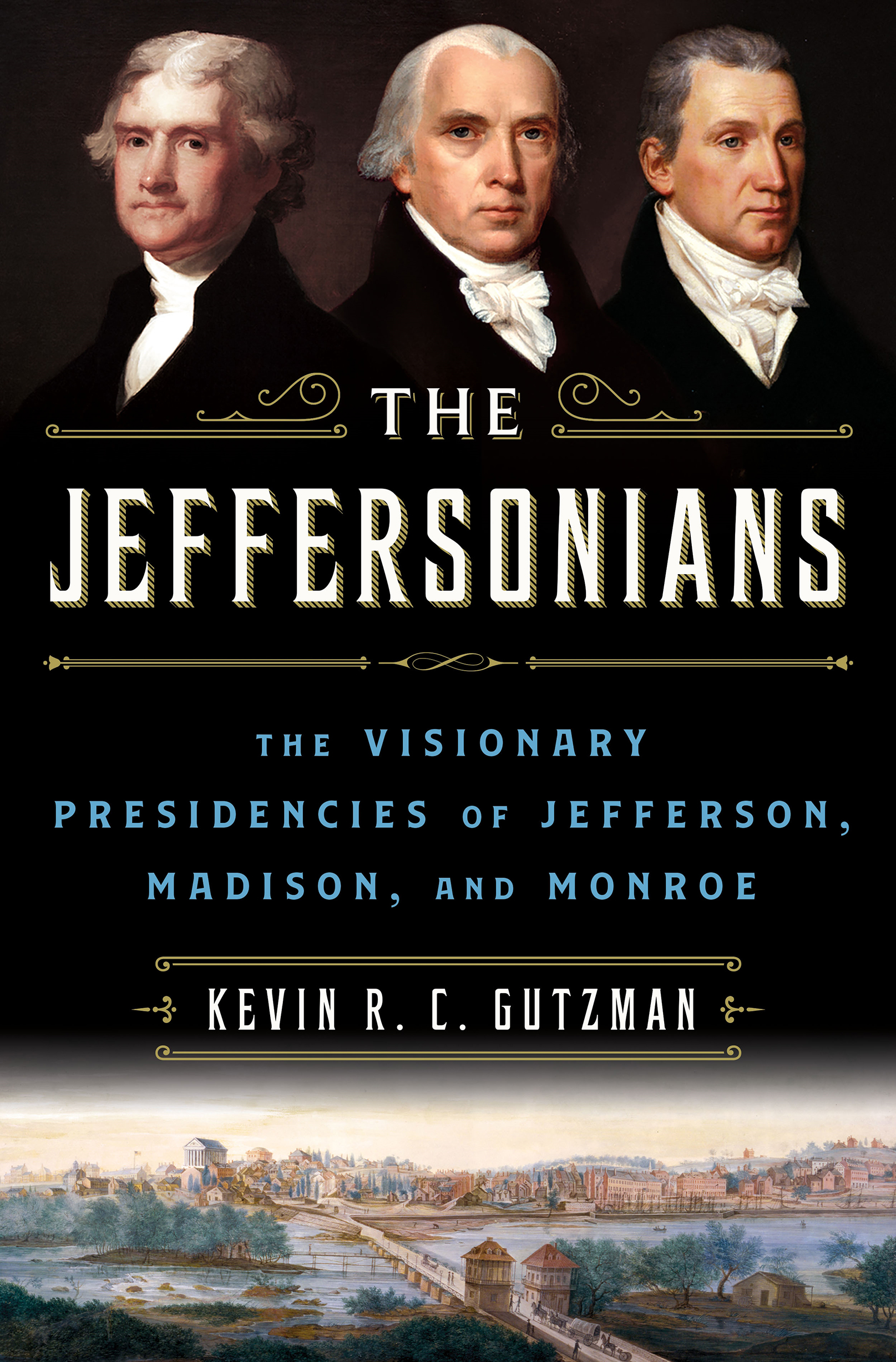Kevin R. C. Gutzman - The Jeffersonians: The Visionary Presidencies of Jefferson, Madison, and Monroe
Here you can read online Kevin R. C. Gutzman - The Jeffersonians: The Visionary Presidencies of Jefferson, Madison, and Monroe full text of the book (entire story) in english for free. Download pdf and epub, get meaning, cover and reviews about this ebook. City: New York, year: 2022, publisher: St. Martins Press, genre: History / Science. Description of the work, (preface) as well as reviews are available. Best literature library LitArk.com created for fans of good reading and offers a wide selection of genres:
Romance novel
Science fiction
Adventure
Detective
Science
History
Home and family
Prose
Art
Politics
Computer
Non-fiction
Religion
Business
Children
Humor
Choose a favorite category and find really read worthwhile books. Enjoy immersion in the world of imagination, feel the emotions of the characters or learn something new for yourself, make an fascinating discovery.

- Book:The Jeffersonians: The Visionary Presidencies of Jefferson, Madison, and Monroe
- Author:
- Publisher:St. Martins Press
- Genre:
- Year:2022
- City:New York
- Rating:4 / 5
- Favourites:Add to favourites
- Your mark:
The Jeffersonians: The Visionary Presidencies of Jefferson, Madison, and Monroe: summary, description and annotation
We offer to read an annotation, description, summary or preface (depends on what the author of the book "The Jeffersonians: The Visionary Presidencies of Jefferson, Madison, and Monroe" wrote himself). If you haven't found the necessary information about the book — write in the comments, we will try to find it.
A long, insightful look at three Founder presidents. Political histories are rarely page-turners, but Gutzman, clearly a scholar who has read everything on his subjects, writes lively prose and displays a refreshingly opinionated eye for a huge cast of characters and their often unfortunate actions. Outstanding historical writing. Kirkus (starred review)
A lively and essential chronicle of the only consecutive trio of two-term presidencies of the same political party in American history, from the bestselling author of Thomas Jefferson - Revolutionary and James Madison.
Before the consecutive two-term administrations of Presidents Bill Clinton, George W. Bush, and Barack Obama, there had only been one other trio of its type: Thomas Jefferson, James Madison, and James Monroe.
Kevin R. C. Gutzmans The Jeffersonians is a complete chronicle of the men, known as The Virginia Dynasty, who served as president from 1801 to 1825 and implemented the foreign policy, domestic, and constitutional agenda of the radical wing of the American Revolution, setting guideposts for later American liberals to follow.
The three close political allies were tightly related: Jefferson and Madison were the closest of friends, and Monroe was Jeffersons former law student. Their achievements were many, including the founding of the opposition Republican Party in the 1790s; the Louisiana Purchase; and the call upon Congress in 1806 to use its constitutional power to ban slave imports beginning on January 1, 1808.
Of course, not everything the Virginia Dynasty undertook was a success: Its chief failure might have been the ineptly planned and led War of 1812. In general, however, when Monroe rode off into the sunset in 1825, his passing and the end of The Virginia Dynasty were much lamented. Kevin R. C. Gutzmans new book details a time in America when three Presidents worked toward common goals to strengthen our Republic in a way we rarely see in American politics today.
Kevin R. C. Gutzman: author's other books
Who wrote The Jeffersonians: The Visionary Presidencies of Jefferson, Madison, and Monroe? Find out the surname, the name of the author of the book and a list of all author's works by series.

